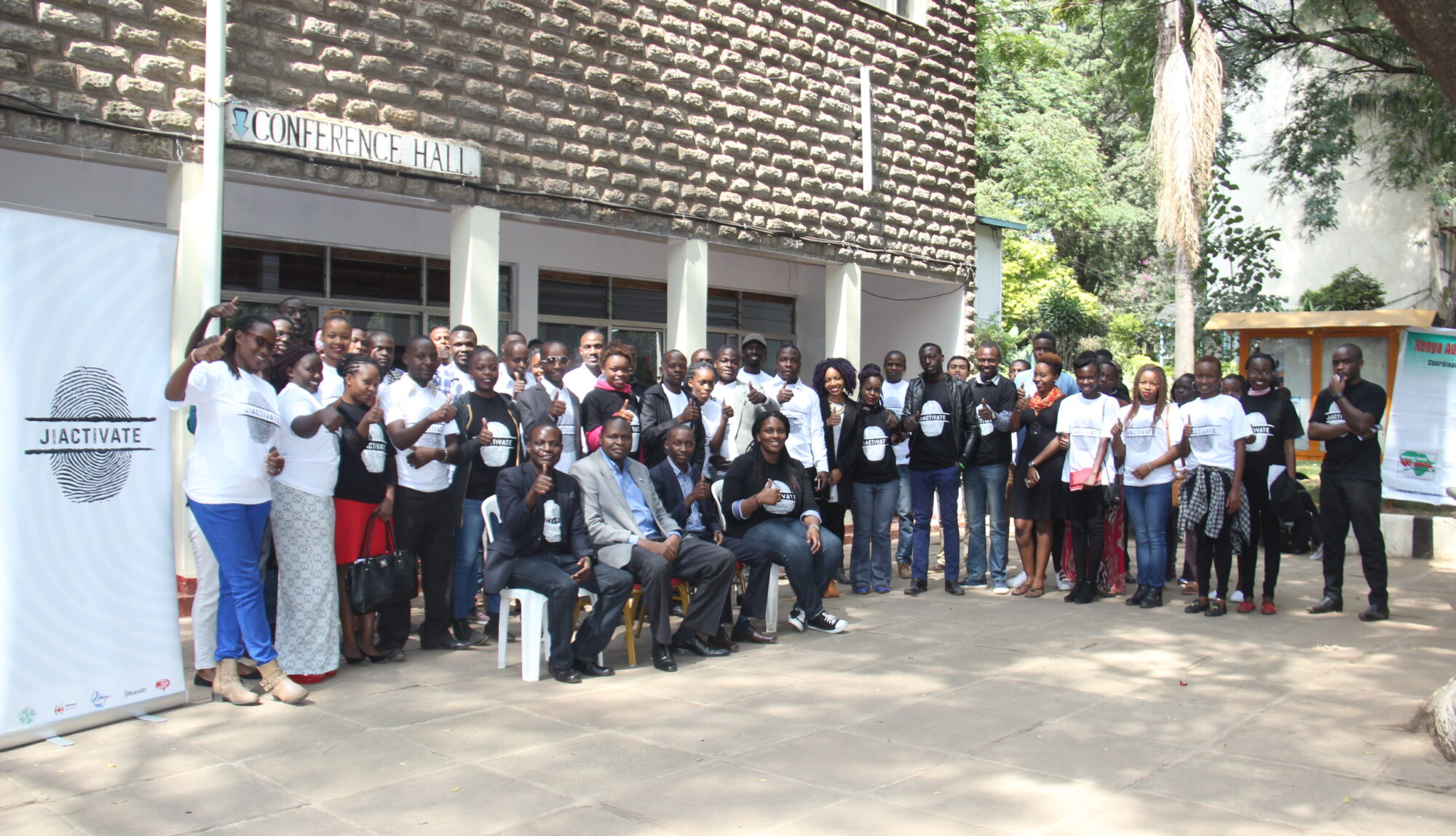Generation Z voter apathy and legitimacy question for next Kenyan government

To govern people, especially in a digital era where diverse civic participation alternatives exist, political legitimacy is paramount. Political legitimacy entails citizens’ voluntary acceptance of an authority that in turn gives the government ability to exert power. In a growing democracy like Kenya, being declared a winner, legally, alone does not qualify as a legitimate thump of approval to govern. You must be with the people.
As Kenya prepares for the August 2022 general elections, the glaring concern is apathetic Generation Z, 18-24-year-olds. In the last Enhanced Voter Registration that ended in November 2021, only 25 % of new voters were registered. IEBC had targeted 6 million, mainly first-time voters, and only netted 1.5 million. In retrospect, we risk having more than 4 million people of age not exercising their rights to vote. This could be worse if voter education is not effectively carried out to motivate the registered voters to get out to vote in August 2022. Based on the last elections’ turnout and failure of IEBC to register a significant number of new voters, about 6 million eligible voters may not participate in the election. This is about 24 % of the adult Kenyan population.
What is the danger? Why is this an issue?
While it’s certain that a new government will be formed after the August 2022 elections, the question of youth disfranchisement and low confidence in political leadership to address their issues will definitely still linger. Youth unemployment is about 40 % from some authoritative sources, with underemployment being widespread. Many youths are unable to access quality healthcare and social amenities.

Enters generation Z.
This is a unique generation that has been born and grown into the information age. They have their older siblings failing to secure gainful employment despite having multiple qualifications. They are impatient, socially radical, highly unpredictable, less tied to social norms, and can at times show ‘I don’t care attitude’ and unconventional contempt with a slight provocation. They expect very little from the political leadership. According to The Kenya Youth Survey Report by Aga Khan University, the youth hold beliefs that make them vulnerable to political manipulation and that risk undermining democracy and good governance.
Definitely, if the Kenyan youth population dividend is not harnessed and their participation in public affairs enhanced, a demographic curse is eminent.
What needs to be done?
It is not true that Generation Z is civically unaware or aloof. This is the most educated, connected, and aggressive of the Kenyan generation. Generation Z cares less about formal civic duty, yet can be very assertive in alternative civic engagement such as sporadic digital activism.
There is an urgent need to bring this generation into the formal civic participation platforms so that they feel recognized and exercise their rights to determine the future of the country. Meaningful participation in elections is one way to address apathy and sulking.
This can be done through effective Social Behavior Change Communication so that personal barriers are addressed while simultaneously involving them in addressing the structural barriers that impede their participation. Working with and within existing trusted community structures and organizations is equally important.

As IEBC begins the second phase of Enhanced Mass Voter Registration (EMVR), clear and targeted messaging should be conducted. The communication and messaging should be personalized, persuasive, and relatable. The youth need to be informed why they matter in this election, how, where and when they can register as voters, what is required to register, and how the process is conducted. Strategies like ‘fear of missing out ‘, registration being the current lingo, reaching to their cells, incentivizing them, using relatable communication platforms, etc. may help IEBC net more new numbers.
If more Generation Zs are registered and they get out to vote, government legitimacy will be enhanced and they will view themselves as partners in the government. Of course, national stability will be assured with or without the full participation of Generation Z in the August 2022 elections. Kenya, an extremely political country, needs a politically legitimate government from all sub nations and generations to bolster state-citizen relations in running the state affairs. Meaningful political participation of Generation Z is a key ingredient for transformational governance in young democracies like Kenya.
Michael Asudi, Youth Development Expert
